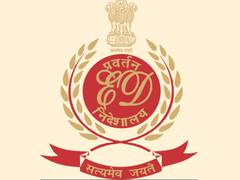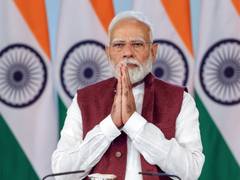Govt should renegotiate with private airport operators to avoid monopolistic practices: Parliamentary panel
New Delhi [India], August 6 (ANI): The Government should renegotiate the agreement under Public Private Partnership (PPP) in order to keep the dynamics of the market in place, avoid monopolistic practices and drive the cost to the lowest level, said parliamentary committee report on the modernisation of airports on Saturday.

The committee report read that as per the current PPP model of airport development, all of these airports operate as monopolies because airport operators at the time of award of PPP projects argued that the modernization of airports is capital intensive with long gestation periods and succeeded in entering into water-tight agreements that ban the use of the older airports.
“For example, in Hyderabad and Bengaluru, the old airports, which are our national resources, are not being used now because there is a provision in the Operation, Management and Development Agreement that no other airport can come within 150 km,” the committee report read.
It further reads that due to such provisions, the airport operators, in some cases, start behaving in a monopolistic manner and other stakeholders have no leeway to negotiate with them.
Keeping in view the fact that India is a developing country with 1.4 billion plus people and the passenger growth in the country will continue for many more years to come, and the economic footprint of the marker will be much deeper and wider, the Committee recommends that as the market size will increase manifold, there should be a provision in the PPP agreements to enable the Government to renegotiate the agreement in order to keep the dynamics of the market in place, avoid the monopolistic practices and drive the cost to the lowest level.
The Committee, however, observed that India is a resource-constrained country and the Government must therefore ensure that modernization of airports, both AAI-run and privately run, must provide the infrastructure efficiently and in a cost-effective manner, using the technology so that the cost of operations are brought down and cost-effective services are provided to the passengers as well as airline operators and the cost of travel remains within the reach of the common man and the vision envisaged in the National Civil Aviation Policy to create an ecosystem to make flying affordable for the masses is realized.






